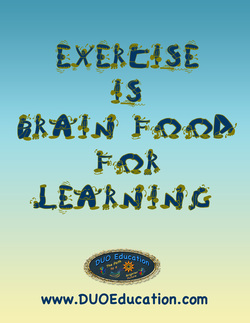
Try studying while exercising! Studies have shown that this is an effective way to learn. Or, if you are not great at multitasking, study just after you exercise.
Let's say that you want to learn and practice multiplication facts. Some ways you can incorporate your learning with your exercise could be:
*Record the facts into a recorder and listen to them while walking
*Have someone quiz you while playing doing some free throws
*Bring interesting videos like the one on this blog post to watch while using an exercise bike
*Toss a ball/play catch with a friend or parent while they say multiplication fact and you echo them
Remember, exercise is brain food for learning! If this still doesn't work, please feel free to contact me. Some tutoring may turn out to be a useful tool!
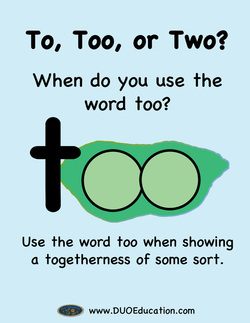
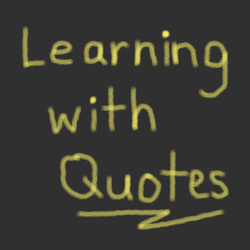
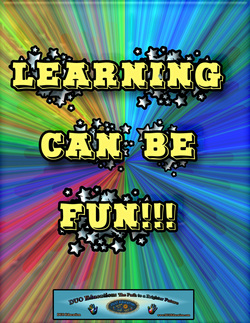

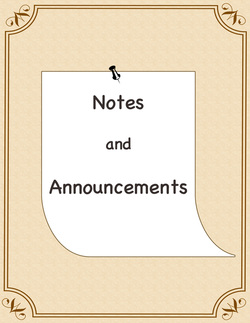
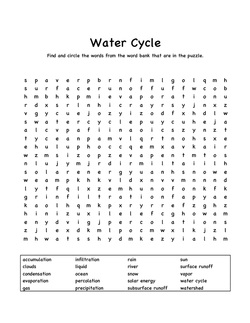

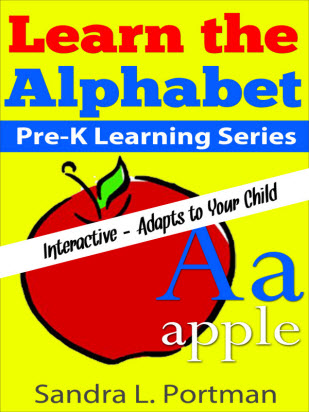
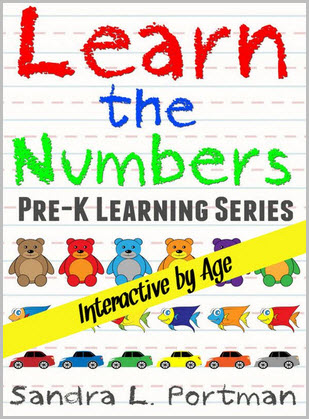


 RSS Feed
RSS Feed